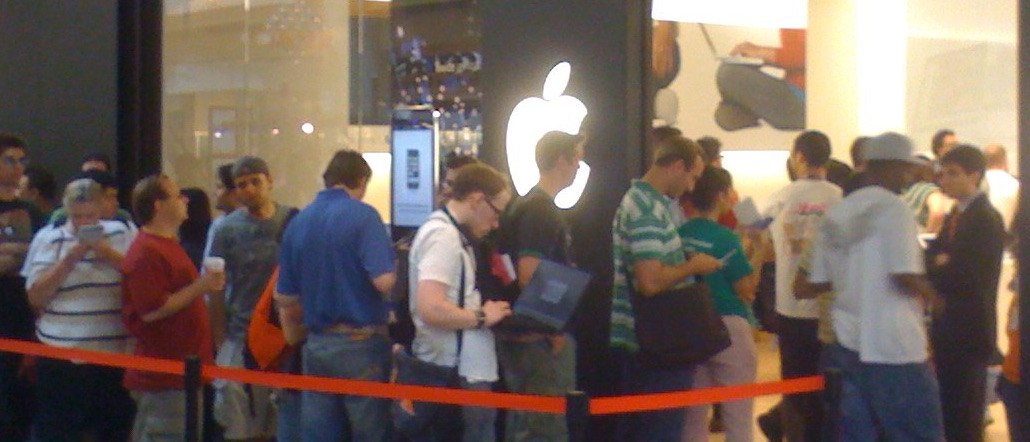Apple is automatically refunding buyers that bought axed ad-block app Peace

In what’s a rare move for Apple, the company is automatically refunding people who downloaded ad-block app Peace, which was abruptly pulled less than 24 hours after it debuted on the App Store last week.
“As far as I know, this effectively never happens,” developer Marco Arment wrote on his blog saying that Apple is taking the initiative in issuing refunds, rather than having people request their money through a “clunky process.”
Apple released iOS 9 last Wednesday, the first Apple operating system that lets people block ads much to the horror of publishers who make money from them.
Peace quickly topped the paid apps category in the App Store, outpacing similar apps on last Thursday. Despite the sudden success, Arment pulled the app from the store on Friday saying that it “just doesn’t feel good.”
Roughly 13,000 people will be alerted over the next few days with an e-mail them of the $2.99 refund. Arment still apparently feels guilty about the whole ordeal saying he’s “actually happy” with Apple refunding buyers:
Today, Apple made the decision for me, in a way that I didn’t even think was possible, and I’m actually happy — or at least, as happy as someone can be who just made a lot of money on a roller coaster of surprise, guilt, and stress, then lost it all suddenly in a giant, unexpected reset that actually resolves things pretty well.
People’s enthusiasm for ad-blocking apps hasn’t waned, though. Crystal ($.99) ranks in first place in the Paid category with the pricier Purify Blocker ($3.99) settling in the fourth slot.
Photo via Flickr.
More in Media

Digiday+ Research: Dow Jones, Business Insider and other publishers on AI-driven search
This report explores how publishers are navigating search as AI reshapes how people access information and how publishers monetize content.

In Graphic Detail: AI licensing deals, protection measures aren’t slowing web scraping
AI bots are increasingly mining publisher content, with new data showing publishers are losing the traffic battle even as demand grows.

In Graphic Detail: The scale of the challenge facing publishers, politicians eager to damage Google’s adland dominance
Last year was a blowout ad revenue year for Google, despite challenges from several quarters.





